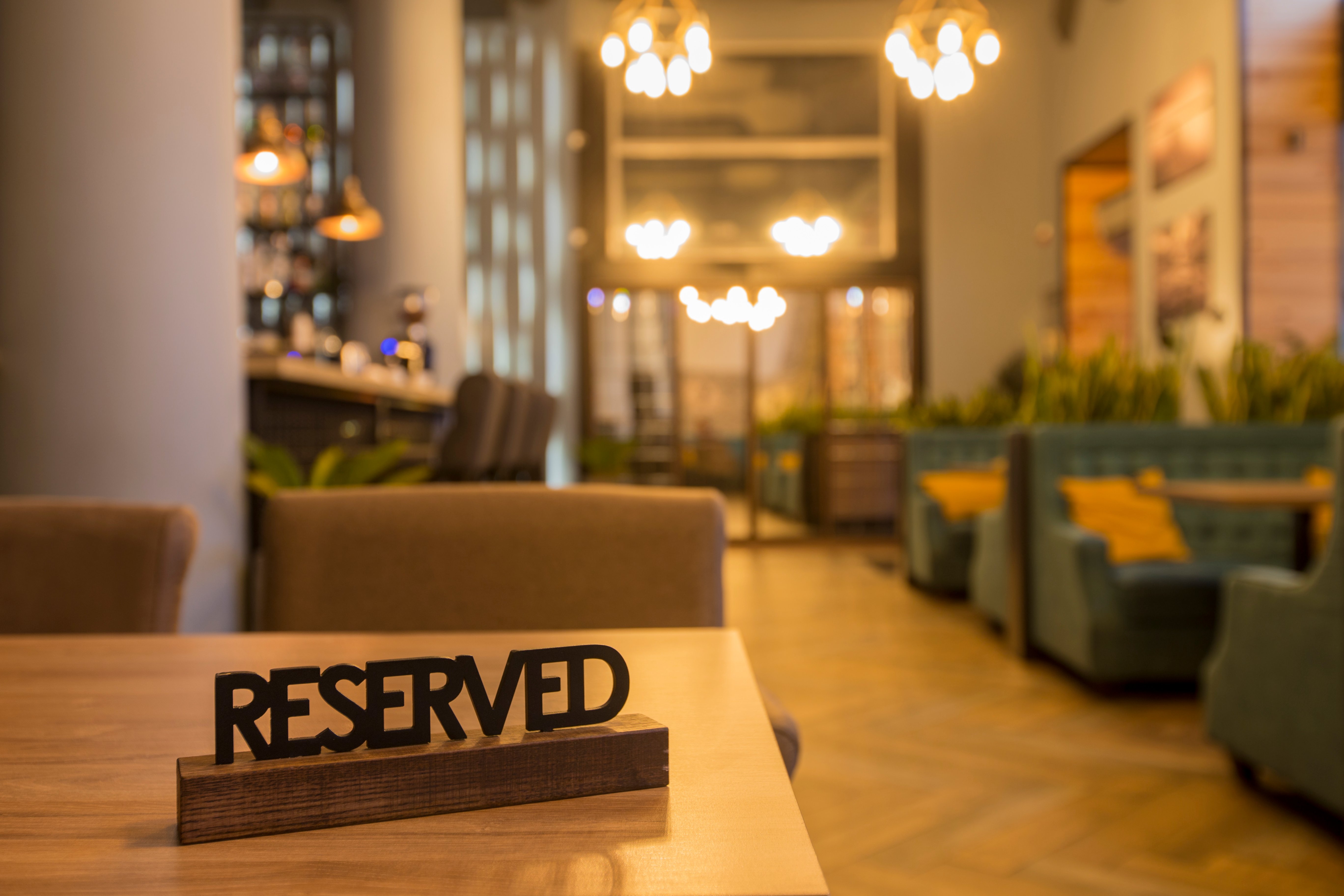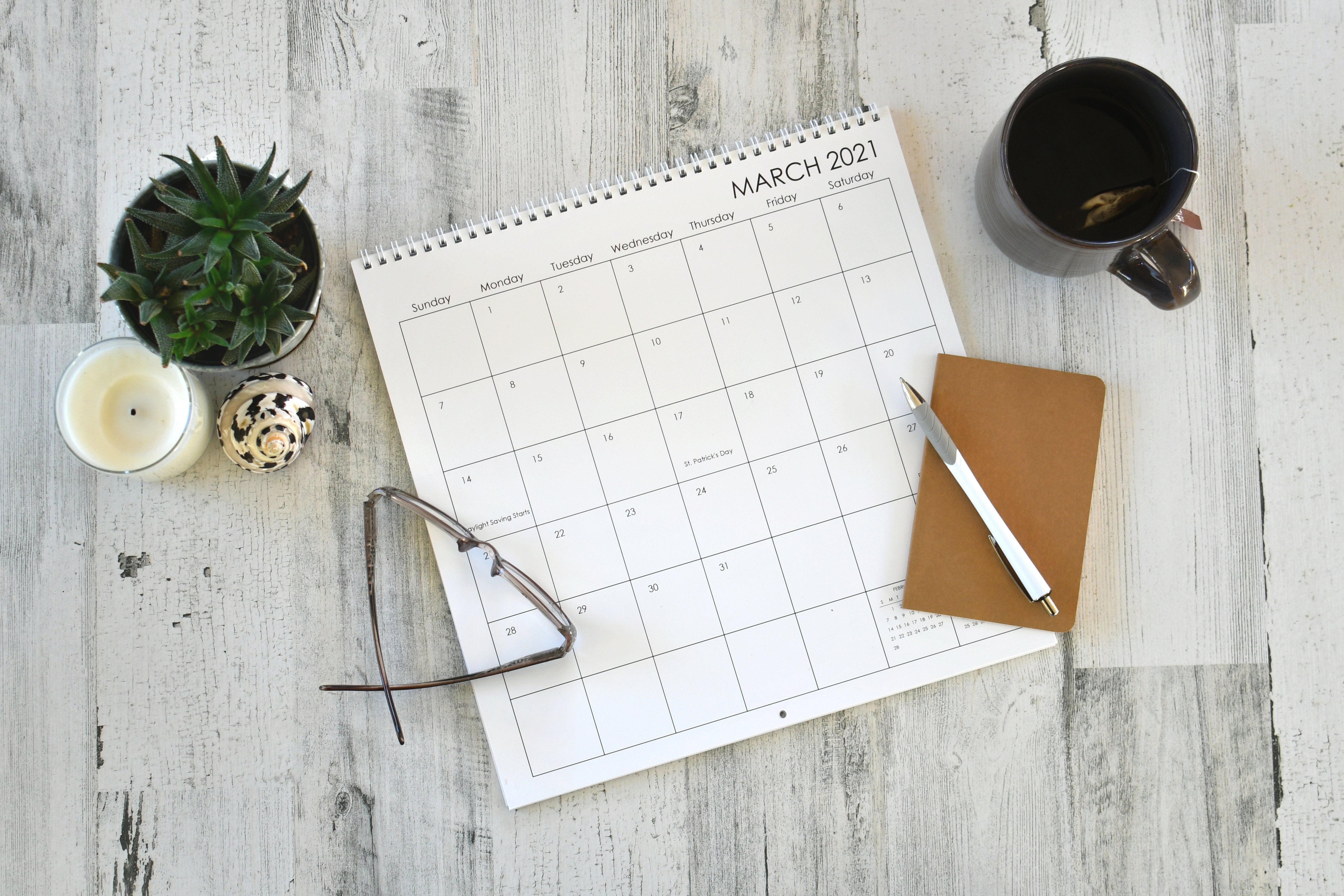Last week, hospitality businesses across England, Scotland and Wales reopened indoors. Even though pubs and restaurants have measures in place to help stop the spread of coronavirus, we are finally getting back to some normality.

Businesses have seen a huge increase of bookings over the past few months. Guests are preparing by booking tables in advance to make sure they get a seat. Recent figures from the Open Table show that over 80% of restaurants in the UK now take reservations, which has gradually increased over the past few months. The sudden shift in booking behaviour has made hospitality venues more prepared for opening indoors, and for the busiest periods of time (such as a bank holiday weekend).
Technology and Reservations
We are living in a new normal, where people are using technology more and realising the effectiveness of this. Online booking has become so convenient that it can be done in the comfort of your own home. Once a table has been reserved, the information will be sent straight to the venue's staff, this service as a whole takes less time for everyone.
Having full control of bookings
There is a huge fear of overbooking and being too cautious. Technology can resolve this with reservation systems, where people can see what is available and when, perfectly fitting guests in so there aren't as many gaps in the day. This will provide more profit and efficiency for hospitality businesses.
Staying organised
Being able to update reservations in a single location will avoid double booking, confusion, and bad reviews. Organising and notifying potential customers about specific days a venue will be closed is very important, this can be done by making these dates unavailable for anyone to book online.

Personalisation
Remember that customers are humans, and not just a number in the booking system. Personalising their overall experience will help businesses get positive feedback. This could be done by creating a section for customers to add notes/preferences that they may want or require before entering a venue, or by utilising a tag feature. Tags gain key insights into the customer’s behaviours and preferences, which is a great tool to help staff deliver a more personalised experience, developing a returning customer base.
SPARK Reservations
What makes SPARK Reservations stand out?
- SPARK can help businesses keep control when following the government restrictions. Even though certain restrictions have eased, there are still rules in place where groups of six or 2 households are allowed to meet indoors. Reservations will help venues keep track of groups that are coming in, which will help monitor the flow of people coming in and out.
- One key feature we provide is a buffer period between each booking. This could be set to a specific time to clean the tables, making sure the area is hygienic and prepared for the next customers.
- In a restaurant, customers can enter any allergens or extra notes, making staff aware of things that may need to be put in place before arrival.
- SPARK’s reservation system comes with a floor plan, which shows the general layout of the venue. This can be edited at any time if changes need to be made. A floor plan can also help businesses run more efficiently as they can easily view the status of a table, if there are any walk-ins staff will know if tables are or aren’t available.
- Sessions can be closed on the terminal (for example, due to a wedding or birthday party being held). This will save lots of time as all potential customers who try to select these particular dates won’t be able to book a table, this ensures that no mistakes are made in the booking process.
Learn more about SPARK Reservations


